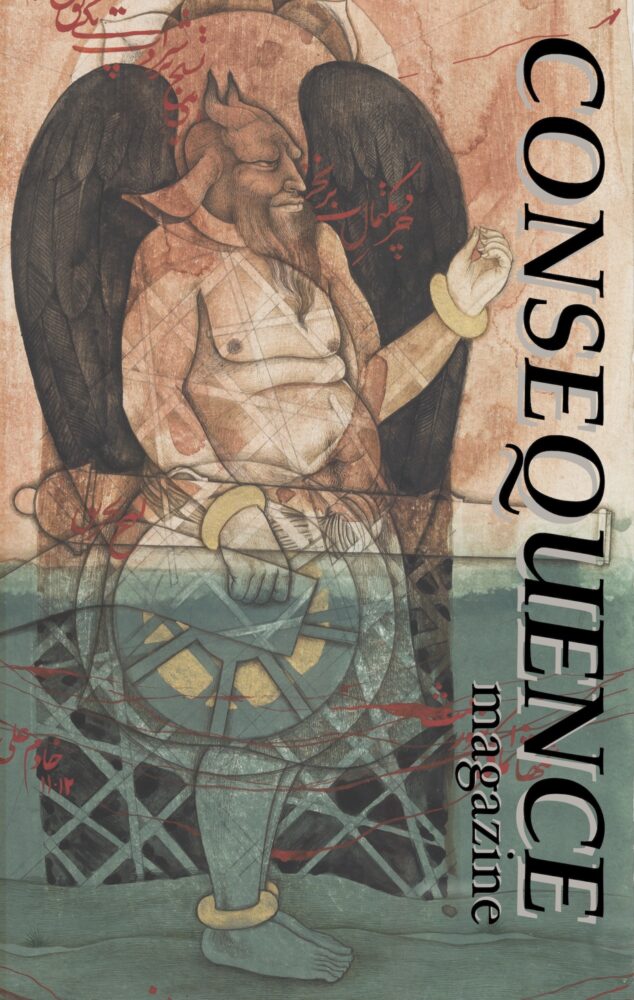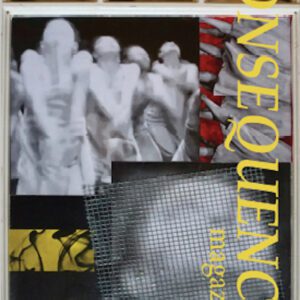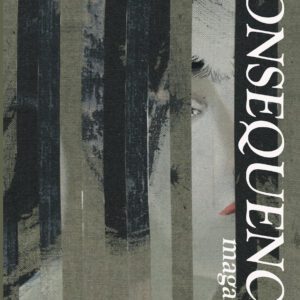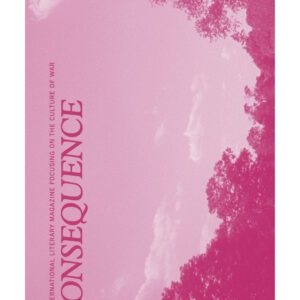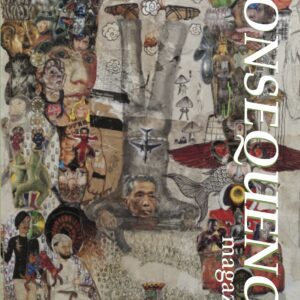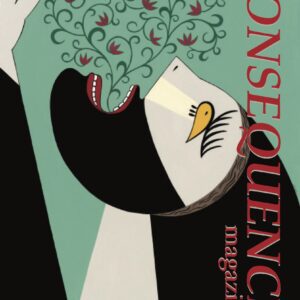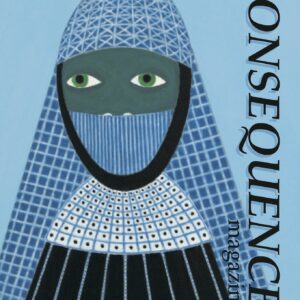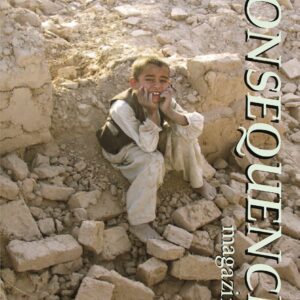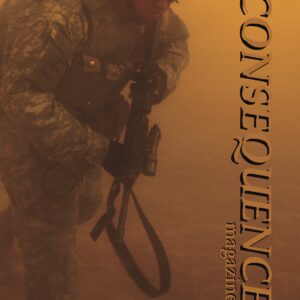Volume 6
$5.00
Editor’s Note
Super Bowl XLVIII drew well over a hundred million viewers to a spectacle akin to the Fourth of July, and at nine million dollars a minute the most coveted three hours for major league advertisers. The commercials can be more enjoyable than the game itself and clever ads go viral before the fourth quarter ends. This year’s offerings included a sixty-second spot produced for Budweiser Beer showing a homecoming celebration for Army helicopter pilot Chuck Nadd returning from Afghanistan. Starting with an airport reunion the ad cuts to marching bands, fire trucks, and hundreds of cheering citizens holding signs and waving flags. As I thought about the confetti-gun exuberance, the burly Clydesdales pulling the Anheuser-Busch wagon with the heroic soldier aboard, elevated on cases of Bud, the abject wholesomeness and couch-potato patriotism of this celebration annoyed me. I suspect there were plenty of soldiers and veterans watching who felt the same way.
Budweiser’s ad portrays a soldier’s homecoming the way cavalier consumers want to see it. The warrior (preferably male) is healthy and handsome. He has a faithful girlfriend and loving family waiting at home, and a whole community ready to cheer his return. For civilians and soldiers alike, this picture is dangerously misleading. The reality, of course, is that returning from a war zone can be a surreal experience, especially for combatants, and adjusting so difficult that many turn to alcohol and drugs to relieve the anger, depression, and memories that haunt them. A third of all active duty troops returning from combat will experience PTSD or the effects of traumatic brain injury. The Veterans Administration reports that every day twenty-two veterans commit suicide. Who wants to be reminded of the invisible wounds of war when the game’s on?
Most Americans know little about military life and have little reason to learn. For two generations the fighting and dying have been the burden of young volunteers. Since 9/11, less than one percent of the population serves in uniform. This enormous gap between the American public and the nation’s warriors presents a challenge for both citizens and their elected representatives in Washington. Relationships between the Pentagon and government are frequently contentious and trust hard to come by. The commander in chief and his staff can be blamed for uncertain commands and inconsistent behavior, making it difficult for the military to do its job. The Pentagon on the other hand closes ranks to protect its own interests and preserve an inbred culture that bristles at civilian interference.
After Vietnam the end of the draft meant the end of citizen soldiers conscripted from every state whose service linked all Americans to war and the military. Since the first Gulf War a professional, all-volunteer force has grown stronger and more effective, but also more isolated. The values and norms of military life necessarily diverge from civilian society where obedience is a choice and aggression restrained. The cultural divide widens as the Pentagon emphasizes elite forces whose special ops are secret, even to their own families. As smaller units trained for specific missions develop distinct identities, military culture becomes even more insular. Special Forces enjoy an elevated status—on both sides of the culture gap. Intensive training, unique skills, and a potent mystique set these soldiers apart. Civilians become enthralled by Hollywood’s version of Green Berets and Navy Seals as super human. In reality they’re exceptional, multi-skilled warriors who deserve recognition, but placing any military force on a pedestal strengthens the myth of American exceptionalism, the belief that our superior way of life will not be equaled, nor will our military power. Contributing to this myth is a war-making machine that truly is the greatest the world has ever seen.
Regardless of strength, sending young volunteers to war on the nation’s behalf presents a moral dilemma. What’s at risk? A professional volunteer force lets the entire population off the hook. Government leaders can more easily use war as a tool for foreign policy without alienating too many constituents. Civilians can feel insulated from the physical and psychological scars of war: the troops fight and die while the country sits back to watch a football game and drink responsibly. Even the ads make us feel good.
—George Kovach
